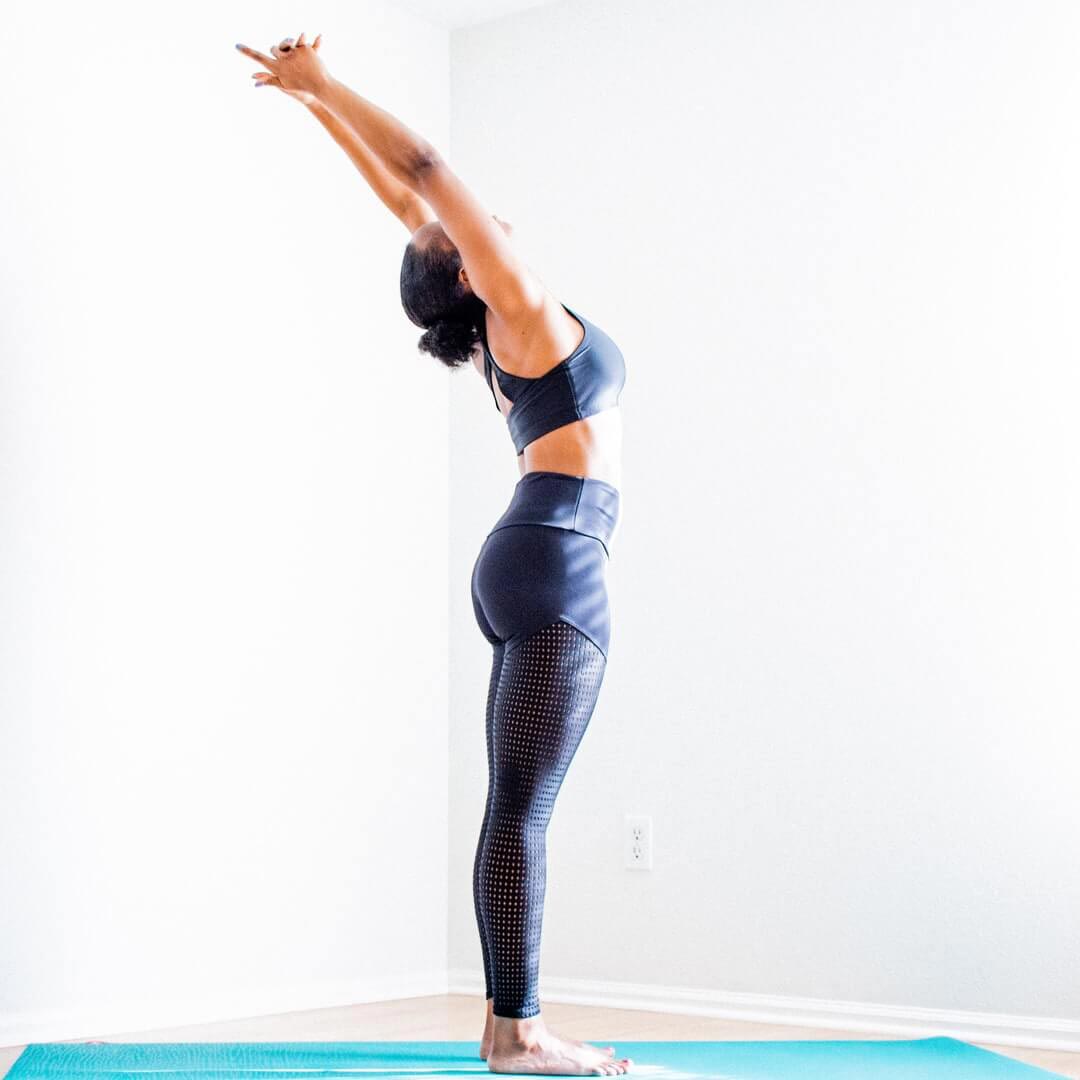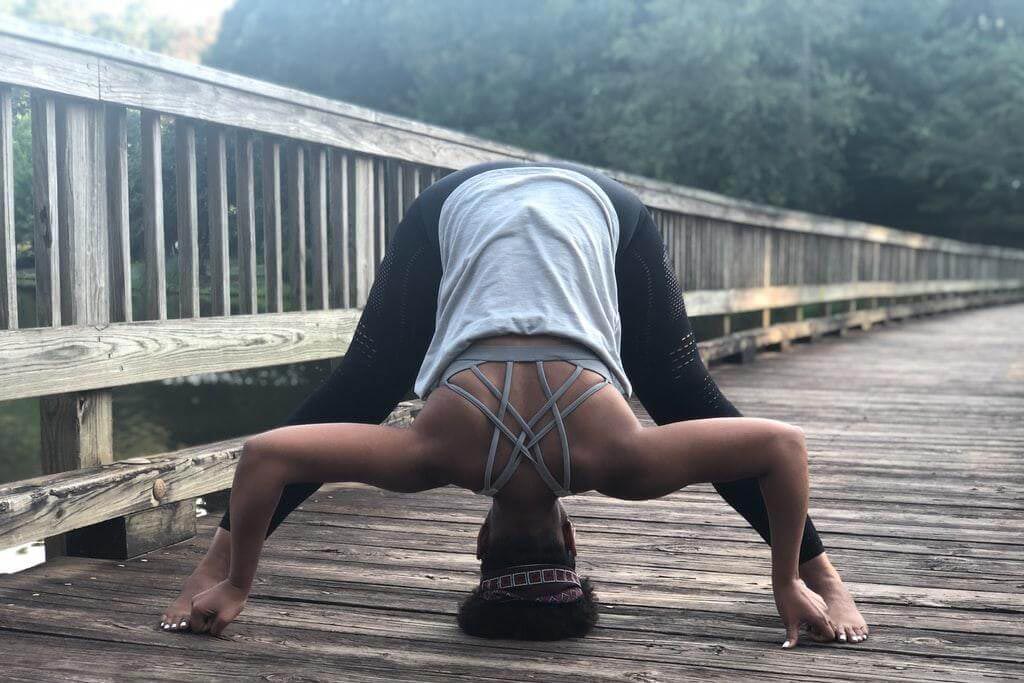Depression: We all have either experienced it personally, or watched our friends, family and colleagues struggle with it.
Today, Major Depressive Disorder affects approximately 17.3 million American adults, or about 7.1% of the U.S. population. And the number has been on a steady rise as an aftermath of the pandemic outbreak coupled with all the violence clouding our streets.
It feels like the world is spinning out of our control and we are powerless against what is happening. This feeling of helplessness gives way to a sharp rise in suicidal tendencies. This needs to stop.
Scientists out there are doing everything they can to identify the causes of depression, find options for early interventions and develop effective coping and healing strategies. Throughout these studies, it has been found that there is one common finding that keeps coming up over and over again: Yoga is a beneficial technique for alleviating the symptoms of depression.
Often dismissed as just another hippie trend, yoga is actually one of the most efficient coping strategies for managing anxiety and depression.
“Yoga is not just hippie, granola-crunchy stuff. The science shows it works,” says Dr. Chris Streeter, an associate professor of psychiatry and neurology at Boston University School of Medicine. “It’s important to have a practice that you can do every day to become resilient and relaxed. Yoga students can activate this mechanism appropriately when under stress and go back to being relaxed.”
But how exactly can a form of breathing and exercise treat a mental health disorder?

The Science Behind How Yoga Helps Alleviate the Symptoms of Depression
Individuals with depression produce elevated levels of cortisol, the stress hormone, which adversely affects the hippocampus and prefrontal cortex, organs that are primarily responsible for emotional regulation. This severely hampers the ability to manage our emotions, make rational decisions and take decisive action (getting the important things done).
Another neuro-biological change that depression brings about is the reduction of GABA neurotransmitters (signals that block out excessive brain activity, causing a dullness, or Depression).
That is where Yoga comes in.
Iyengar Yoga & Depression
A study,Effects of Yoga on Thalamic Gamma-Aminobutyric Acid, Mood and Depression: Analysis of Two Randomized Controlled Trials, published in the Neuropsychiatry Journal of London, proved that specific yoga postures and deep breathing can naturally increase the percentage of GABA.
In the study, researchers assigned 15 people diagnosed with major depressive disorder to an Iyengar yoga curriculum, a therapeutic technique that focuses on the mind-body co-ordination while cultivating strength, flexibility, stability, and awareness. The routine involves paying close attention to the anatomical details and the alignment of each posture held for long periods and often modified with props.
The subjects received three 90-minute lessons and performed three 30-minute daily yoga routines with weekly breathing exercises.
After 12 weeks of consistent practice, their MRI tests and mood analysis reports revealed a significant alleviation in the symptoms of anxiety and depression.
Several studies that followed showed participants exhibiting an immediate drop in their cortisol levels, indicating the efficiency and power of a single yoga and mediation session.
Yoga holds high levels of hope, even for those suffering from episodes of major depression frequently followed by suicidal ideation.

Yoga for Mental Health
In an article aptly titled ‘Yoga Worth Serious Consideration for Major Depression,’ experts at Medscape break down the exact process of how Iyengar Yoga, or any form of yogic practice can provide a safe intervention for those in a mental crisis, fueled by suicidal ideation.
But one of the strongest positive impacts of yoga is that it provides a type of full-body engaging physical activity for people suffering from depression and even for those who are prone to it. The ability of exercise to reduce depressive symptoms has been well documented, and taking into consideration how depression is known to sap energy, yoga may provide a subtle and relaxing way to initiate an exercise regimen.
A major stumbling block in the road to well-being is the underlying depressive feeling itself. Whenever someone is suffering from a bout of severe depressive disorder they will find it challenging to even leave their house, shower or eat. At this stage, jumping head-on into an exercise routine will seem impossible, but Yoga can be a subtle nudge, a baby step towards recovery with an ability to minimize the resurgence of symptoms.
Additionally, Yoga is a non-judgmental discipline that benefits people no matter what their extent of “expertise,” so there is no barrier to entry. No matter what shape, size, age or stage you are at, Yoga will give you the tools to cope and the strength to remain centered during particularly rough days.
According to the Cleveland Clinic: “Yoga ‘meets you where you are,’ even when you are depressed. Practicing yoga teaches you breathing techniques that can help to energize you when you are feeling down or to help calm you at the times you may be feeling anxiety. The breath is the link between your mind and your body. Changing your breath can help you feel better mentally and physically. The postures and movements in yoga teach you how to hold your body in a way that can make you feel stronger, better able to breathe and function, and to create an improved sense of overall well-being.”
Moreover, today yoga classes are largely focused on providing a welcoming space that can provide a sense of belongingness to encourage and accelerate the process of healing.
For people suffering from depression this is crucial, as feelings of inferiority, worthlessness and a sense of communal isolation are one of the biggest obstacles in the road to recovery.
According to the Greater Good Science Center at the University of California, Berkeley, studies show, “what seems true across cultures is that social connections are a key to well-being. For example, very happy people are highly social and tend to have strong relationships; kids with a richer network of connections grow up to be happier adults; and socializing is one of the most positive everyday activities.”
Ultimately, whether you choose to go for it solo, at home, or join a community class, a consistent practice of Yoga will have a tremendous impact on your mental, physical and spiritual health.
So, start today!



